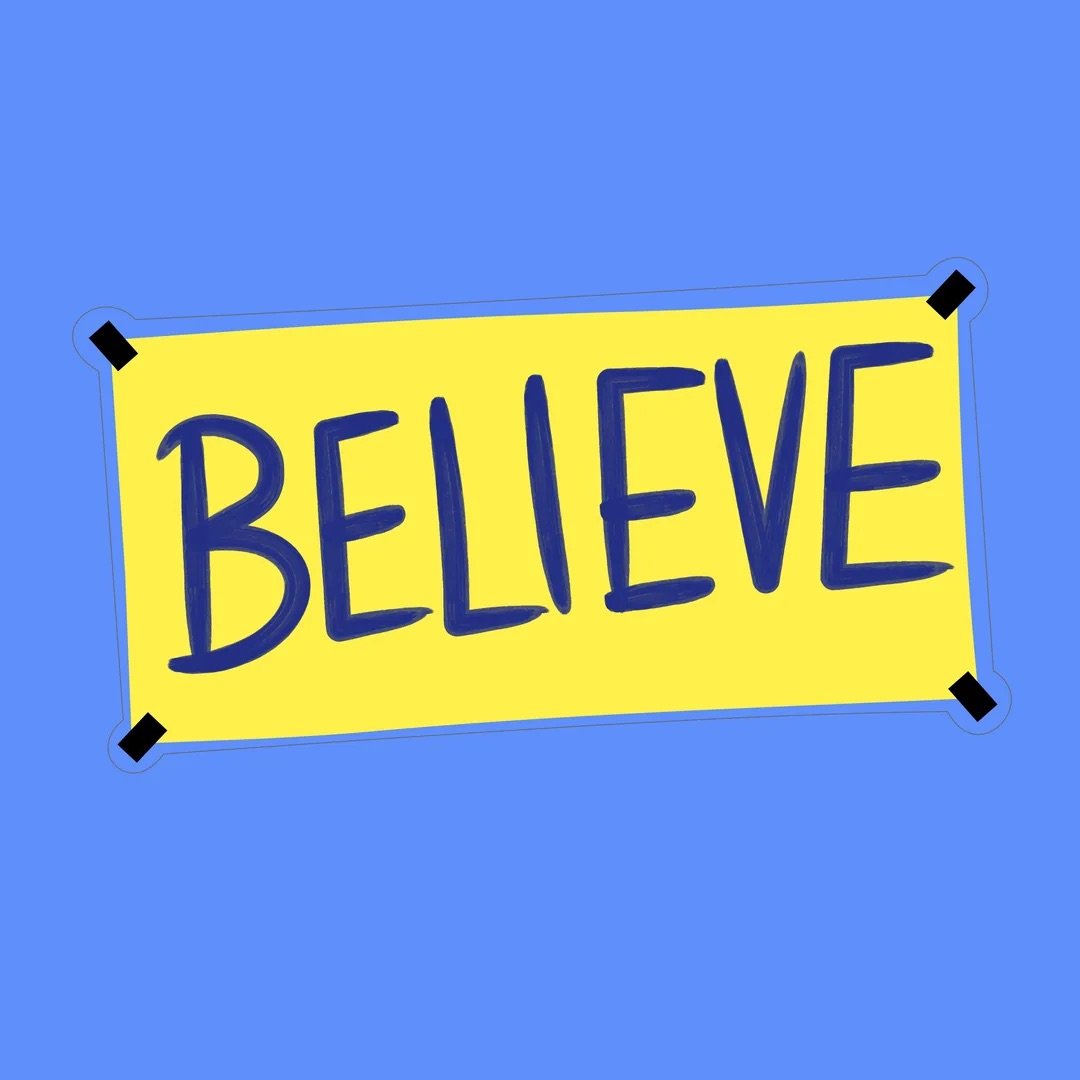What separates a “star” employee from just another “warm body” in your company? This seems to be the million-dollar question many managers have as they begin the dreaded task of hiring new employees. Contrary to the seemingly unavoidable uncertainty with new hires, some solid hiring routines can make the task adding to your current staff less daunting.
1. Assess the job.
Determine what competencies are required for the position you are filling. What skills and abilities are necessary to get the job done? Current job descriptions are critical for this step. Having a clear picture of the essential duties and responsibilities for the position help determine what it takes to be successful in that role. For example, if an employee is required to prepare financial reports as significant part of their role, the right candidate will need to be detail-oriented in addition to possessing finance or accounting skills.
2. Consider the company culture.
It is equally important to consider the company’s work environment in this assessment. Know and understand the company culture, the team with which the new hire will work, the clients the new hire will interact with, etc. The “people-factor,” also known as interpersonal or soft skills, needed to succeed in a role can be easily overlooked. If a company values innovation and teamwork, for example, it would be important to gauge these values in potential candidates.
3. Gather information about your candidate.
How do you assess a candidate to ensure they will meet your company’s needs? There is where conducting an effective interview comes into play. The industry best practice is to use behavior-based interviews. Not only does behavior-based interviewing provide the company with examples of demonstrated ability to meet certain skill sets, but also, when executed correctly the interviewer can probe deeper into motives, values and traits that are not gained by reviewing a resume and/or checking references alone.
The interviewer’s job is to gather as much relevant information about the candidate as possible. Many interviewers feel as though “it’s the candidates job to sell themselves.” While the ability to interview well can be valuable to a company for some roles such as sales or customer service positions, this skill may not be essential for others, such as highly analytical positions where employees usually work independently.
The interviewer should not only ask behavior questions but be willing to rephrase them and ask follow-up questions to make sure they are getting the information they need to make a good hiring decision.
For example, a good behavior-based interview question is:
“Tell me about a time that you were on a team that had to accomplish a goal.”
Some great follow-up questions might be:
“What was your role on the team?
“Was it assigned to you or did you choose it yourself?”
“What contributions did you personally make to the team?”
With the additional probing questions, the interviewer can also gather more information about the candidate’s initiative and follow-through in addition to their ability to work with others.
When making a hiring decision, it is important to trust your process. If you’ve done the pre-work and know what you want from a candidate, and you’ve done your due diligence to gather as much information about the candidate as you can, see if the two align. Many times hiring decisions are made in haste to fill an opening that has remained vacant for too long. There is an inclination that “somebody is better than nobody.” Fight this urge as this is not true. In most cases, teams work better when they are leaner than when they have the added burden of carrying dead weight. With the latter, not only is the work hard, but you have added a morale issue, which makes it feel even harder.
If you are not thrilled to add someone to your team, pass. Never settle or you may just end up with a “warm body” that is taking up space where your “star” should be.
For more on the hiring process, please read this blog post by our friends at PTG:
http://www.palmettotg.com/blog/2016/05/19/why-we-dont-open-unsolicited-resumes/









